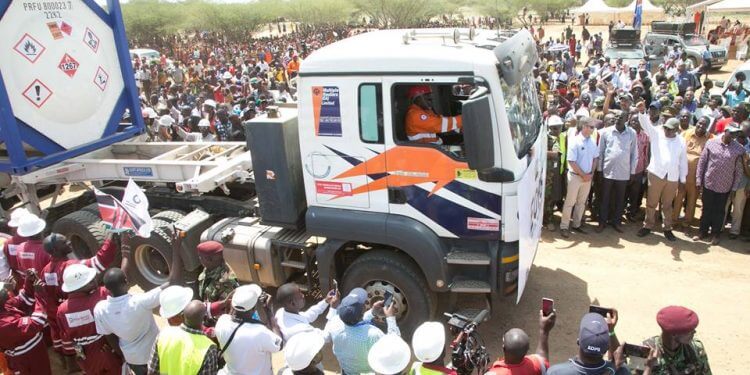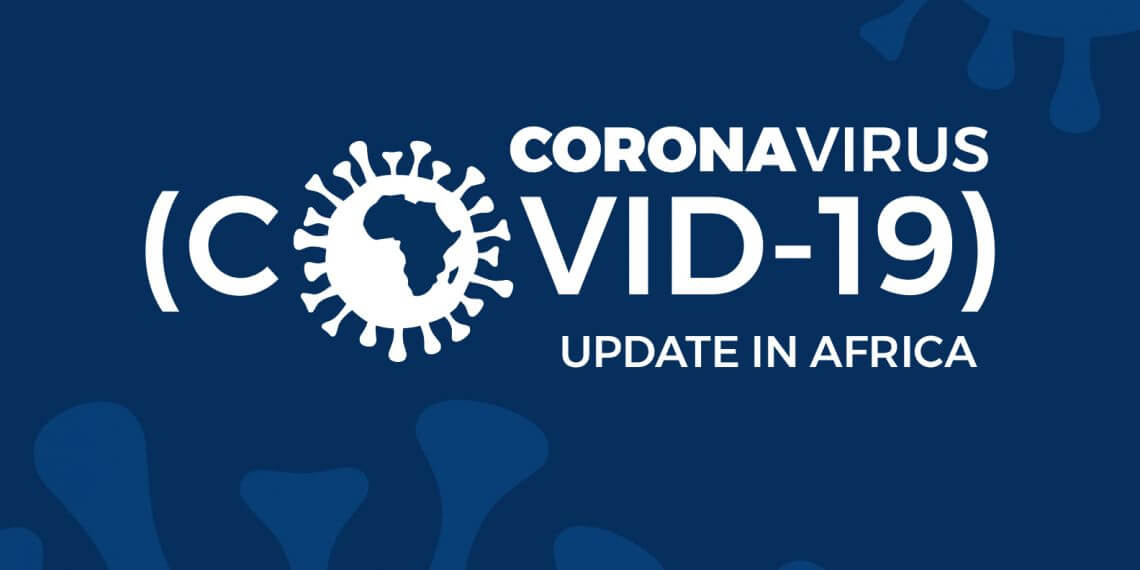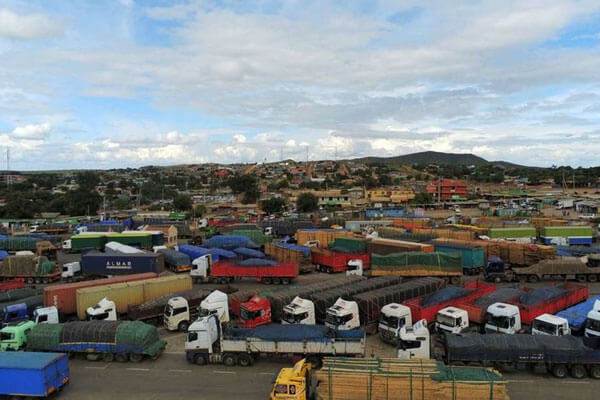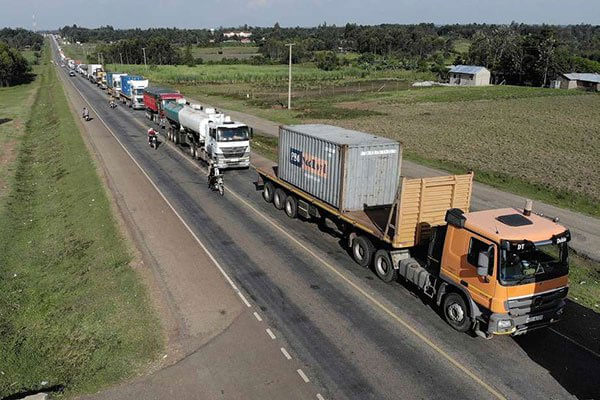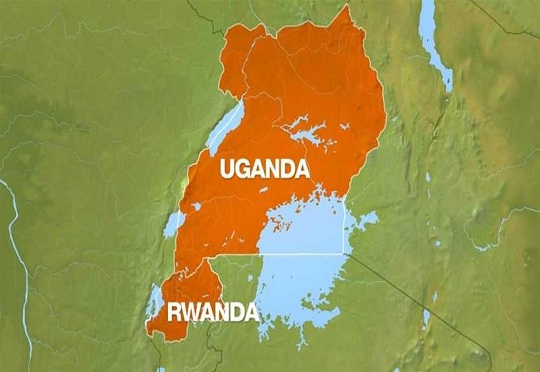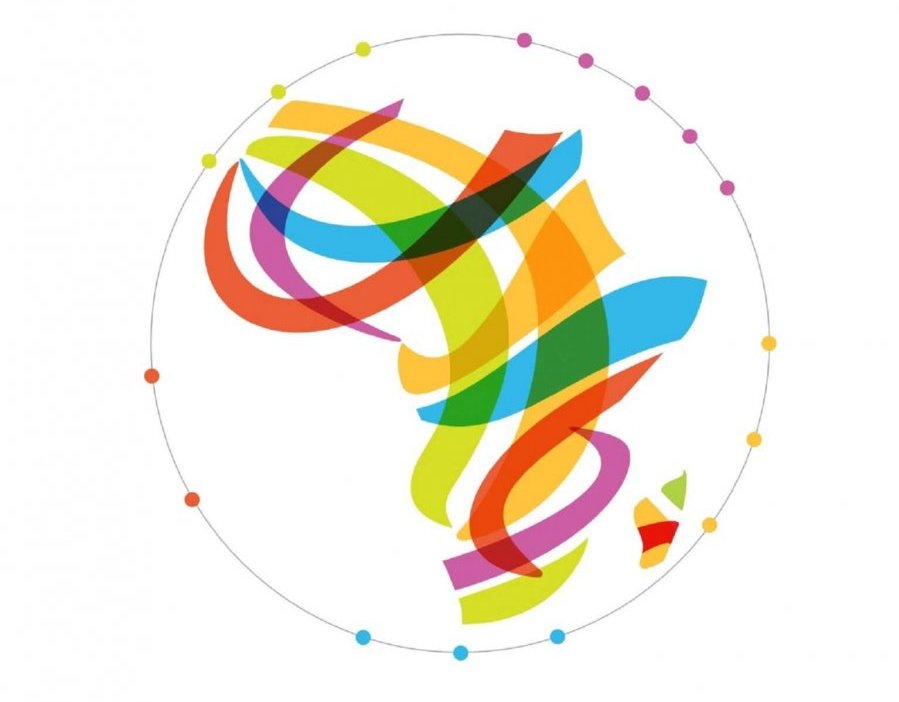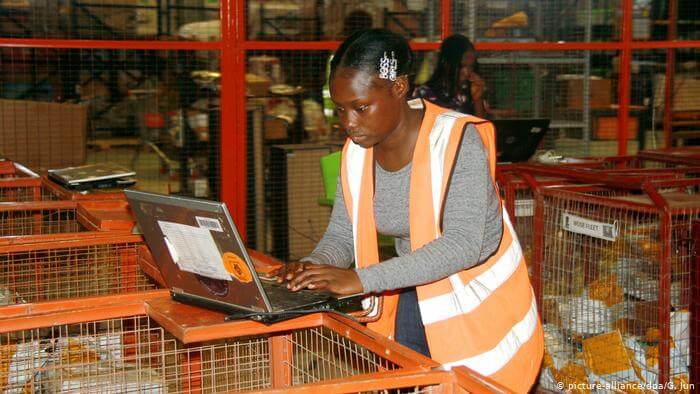The East African Business Council has lauded the President of the United Republic of Tanzania, H.E. John Pombe Joseph Magufuli and the President of the Republic of Kenya, H.E. Uhuru Kenyatta, for their directives on ensuring free movement of goods across borders between Kenya and Tanzania, which will facilitate increased trade between the two countries. In a statement, EABC therefore urges the Ministers Responsible for Transport, Health and EAC to convene and find a win-win lasting solution to the barriers hindering the free movement of cargo across EAC borders and in particular, the borders between the two countries. “The fourteen (14) days standstill on the movement of goods between Kenya and Tanzania borders risks business continuity and affects intra-EAC trade. There are over 1000 trucks stranded at both sides of the border, this is significantly affecting the intra-EAC trade and movement of essential and perishable goods across borders.” The statement read in part. The council also noted that there is also a slowdown in movement of cargo across all EAC borders, this is disrupting regional value chains due to the emerging challenges restricting the movement of truck drivers in a bid to contain the spread of COVID-19. According to the International Trade Centre, In 2018, Kenya imported products valued approx. USD. 175.9 million from Tanzania and exports approx. USD.293.5 million while Rwanda imported products approx. USD. 134.5million and approx. 2 million from Tanzania. EAC Partner States are relying on sourcing final products, intermediate input and raw materials within the region due to the disruption...
EABC lauds Kenya and Tanzania for easing movement of goods
Posted on: June 29, 2020
Posted on: June 29, 2020

